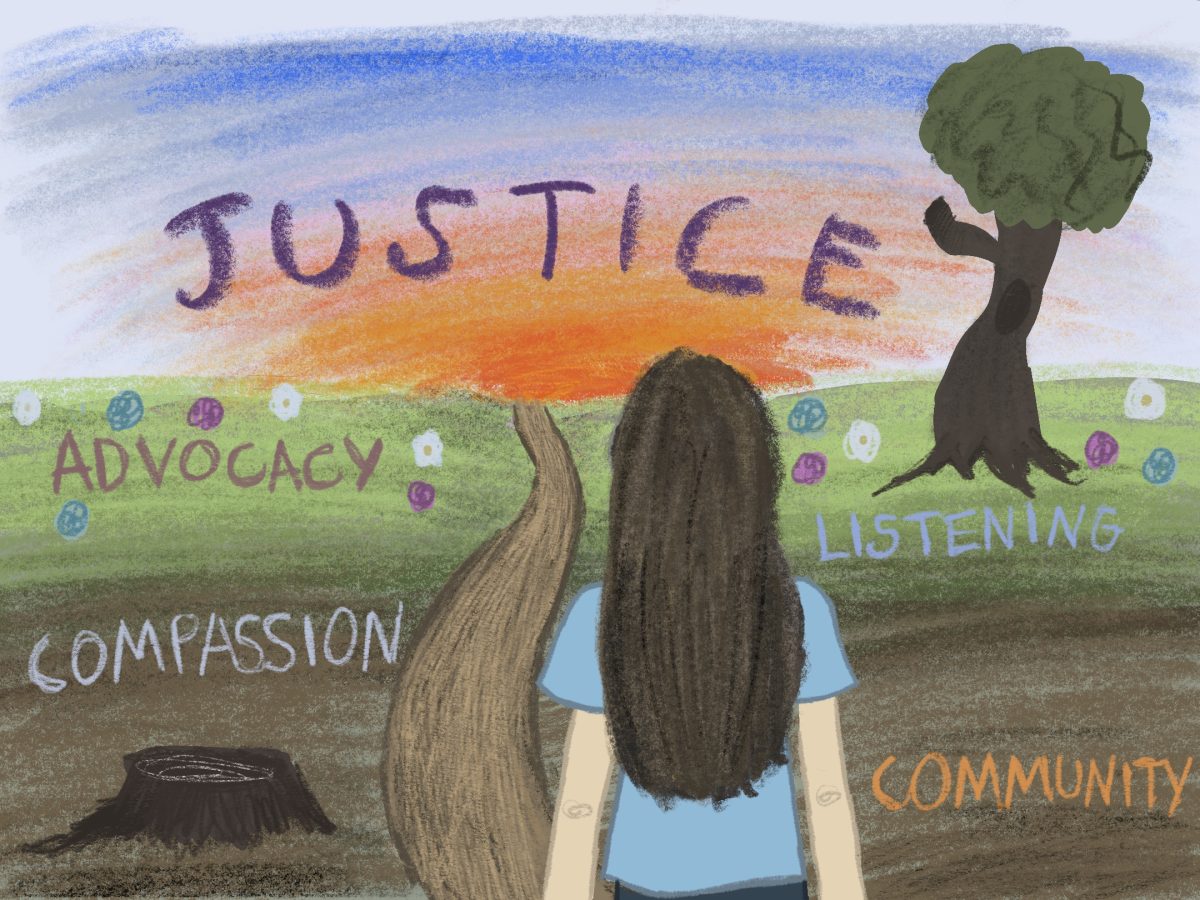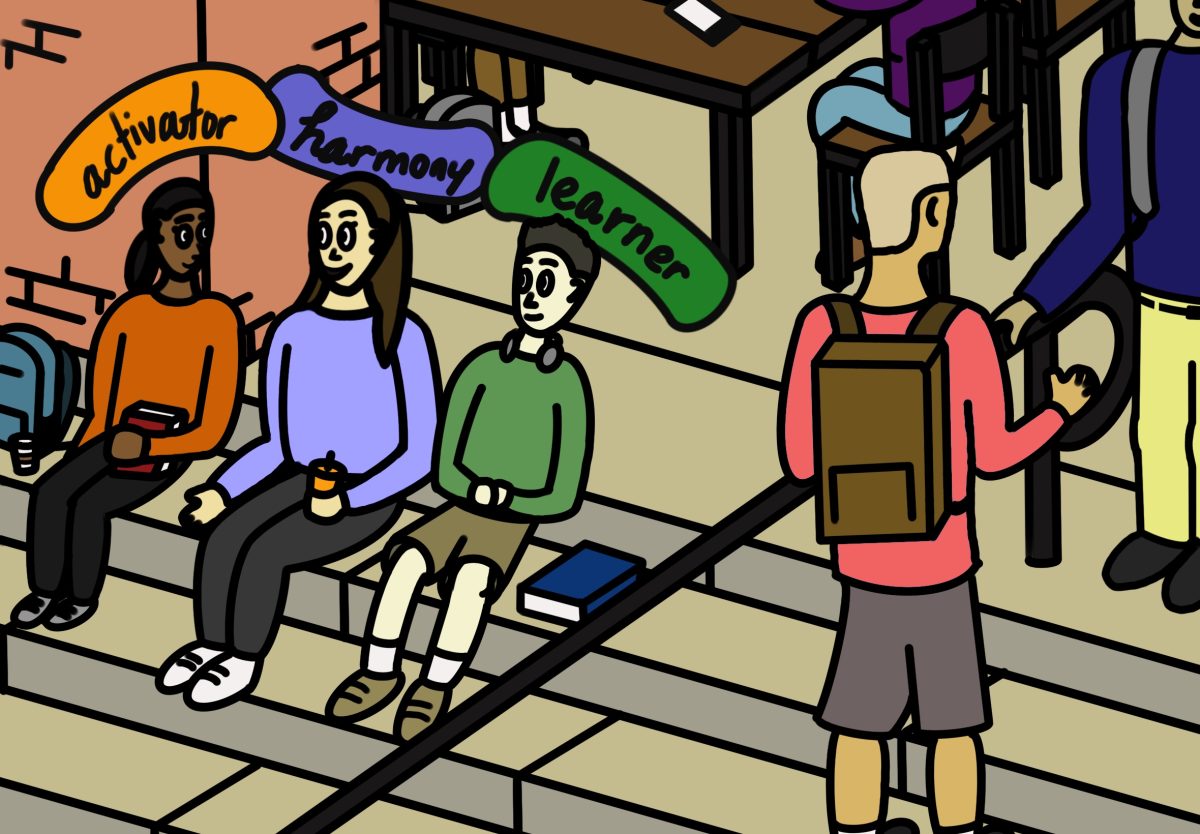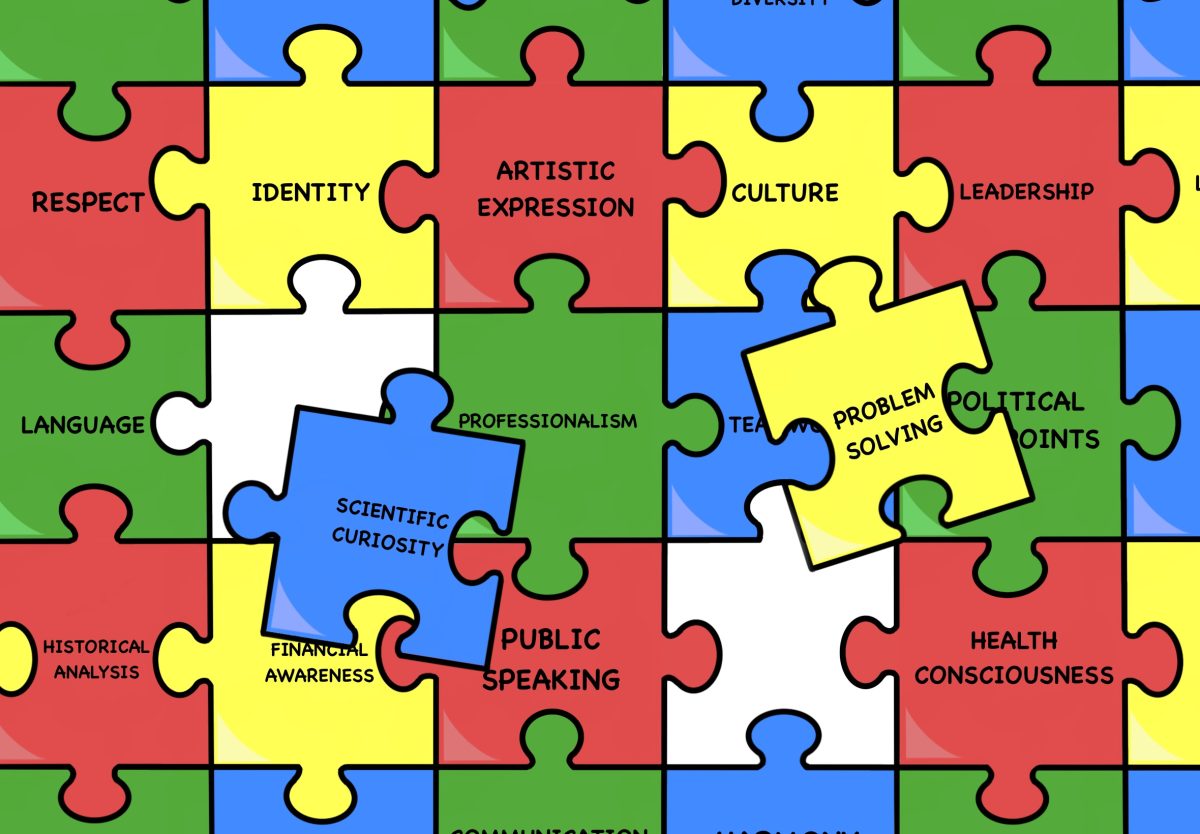This is a partisan perspective. I have known people who have died because of gun violence, and a member of my family has a mental illness that causes violent outbursts. I feel strongly about this topic. The issue of gun violence is one that requires an immediate and serious response, a seriousness magnified by the recent tragedies in Aurora, Colorado and Newtown, Connecticut. We as a nation deserve to have an honest and comprehensive conversation about guns and violence. This is precisely the conversation we are not having.
As with most political issues, differences of perspective are caused by deeper philosophical differences. The most vocal proponents of gun control see a world in which there are good and evil people, and the only way to protect against evil is to make sure the good guys have more guns. This description of the world is simplistic and dangerous, because it refuses to acknowledge and respond to the complex social and personal problems that undergird a society that seems particularly prone to outbursts of violence. Instead, proponents of this worldview—like Wayne LaPierre, the spokesman for the National Rifle Association—are content to vilify the mentally ill and the poor. For LaPierre, the poor and mentally ill are the problem, not guns. LaPierre suggested solutions—guards at every school, and the censorship of violence and crime in the media—are the political equivalent of using band-aids to treat the bubonic plague. While these solutions do react against the problems at hand, they do nothing to solve them, and instead reinforce a particular worldview that at the end of the day simply does not work.
Thinking that guns are not part of the problem is as dangerous as imaging that guns are the only problem. It is naive to believe that either universal gun control or heavy-handed social engineering can be the silver bullet solution to a problem that manifests itself in so many different ways. However, gun control can be a key element in a larger system of solutions, while an evaluation of our cultural practices can also play a part.
How then do we go about bridging this philosophical gap and solving the problems that gun violence reveals to us? In the short term we need is targeted restrictions on guns, solutions crafted to have particular effects. There are gun owners who are willing to discuss the possibility of limited and targeted restrictions on firearms, like rigorous background checks and the regulation of high-powered, military-grade rifles capable of firing off hundreds of deadly rounds in a matter of minutes. These kinds of regulations constitute both sensible policy and sound constitutional law. Just as it is illegal to misleadingly yell ‘Fire!’ in a crowded public space, it should also be illegal to carry a modified AR-15 with an extended magazine and a pistol grip, independent of both the First and Second Amendments.
In the long term, we need to think seriously about the institutions and cultural realities that cause the incidence rate of homicides and violent crime to be exponentially higher in the Untied States than in other developed nations. Why are we as a nation desensitized to the horror of violence, even as we maintain a very conservative attitude toward things like sex and religion? Why does violence sell so well? These issues are symptoms and not causes. No one wakes up in the morning and decides to commit a violent crime because they listened to an album, played a video game, or watched a movie. Simultaneously, possessing a gun is not an immediate prelude to enacting violence on others. What we need are smart regulations on guns combined with public policy sensitive to the needs and struggles of those most at risk of committing violent crimes. These constructive solutions can go hand in hand with stricter laws regulating the use and possession of firearms.
A society in which everyone is armed is not a safer society. However, a society without guns is not necessarily better either. A meaningful debate about guns and violence at the both the local and nation level is very possible. A number of gun owners and advocates take the responsibility of owning a firearm very seriously and translate that seriousness into the debate over gun violence. In opposition, those who reactively respond to requests for civility and compromise with veiled threats of violence against their opponents cannot be allowed to dominate the discussion. This sort of rhetoric goes far beyond defending a particular interpretation of the Second Amendment. The individual who says ‘I have a gun’ usually wins the debate, but not because they have the better argument.
































